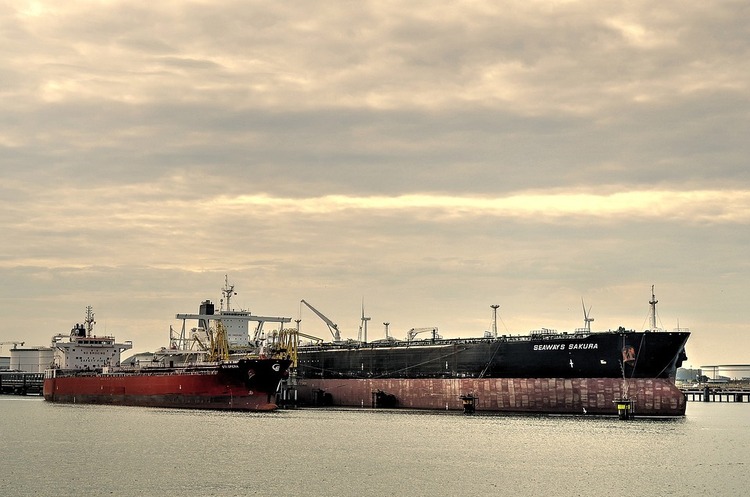Finland warns of risk of environmental disaster in the Baltic Sea due to Russian old tankers
Finnish authorities step up oil spill response drills and exercises

Russia is using a fleet of old, poorly insured tankers to circumvent Western sanctions on the transportation of its fossil fuels, raising fears of a potential disaster or oil spill, politicians and environmentalists have said.
Source. The Washington Post
The Baltic Sea, which is not deep enough, has become the northern route for Russian oil supplies. Navigating there can be challenging, especially for crews unaccustomed to icy winter conditions.
After restrictions were imposed on Russian oil exports in December, older oil tankers that had not previously used this route began to appear in the narrow Gulf of Finland leading to St. Petersburg, Finnish officials said.
Now, old tankers that were to be decommissioned are passing through the Baltic Sea with crews that are almost unfamiliar with the peculiarities of this waterway.
According to the publication's interlocutors, such tankers are often uninsured. This increases the likelihood that in the event of an oil spill or collision, they will not have enough resources to organize rescue operations.
Fearing such incidents, the Finnish authorities have decided to step up training and exercises to respond to oil spills and other environmental disasters, said Mikko Hirvi, deputy chief of the Gulf of Finland Coast Guard District. The necessary equipment for disaster response has also been assembled, including floating booms to contain spills and ships capable of collecting oil that has fallen into the sea.
While no environmental incidents have been reported, even a small problem could have catastrophic consequences in the Gulf of Finland, whose shallow depth and fjord-like coastline make cleanup extremely difficult, Hirvi said.
"The potential risks are there, and they are higher than before. When we see new vessels that have not worked here before, we really don't know how competent the crew is in ice navigation skills," he explained.
Western companies typically stop using tankers that are 15 years old or older, most of which are then scrapped. Meanwhile, the age of the vessels in the current fleet used by Russia reaches 20 years.
Background. In early March, the media reported that Russia's shadow fleet of oil sales to circumvent sanctions had already reached 600 tankers.
If you have read this article to the end, we hope that means it was useful for you.
We work to ensure that our journalistic and analytical work is of high quality, and we strive to perform it as competently as possible. This also requires financial independence. Support us for only UAH 196 per month.
Become a Mind subscriber for just USD 5 per month and support the development of independent business journalism!
You can unsubscribe at any time in your LIQPAY account or by sending us an email: [email protected]



